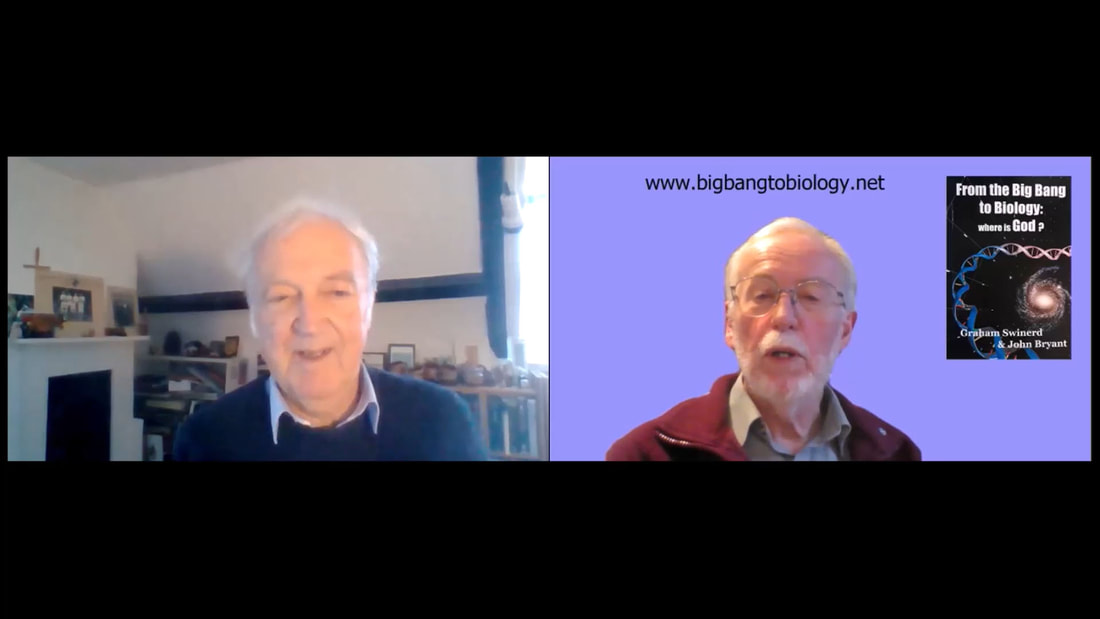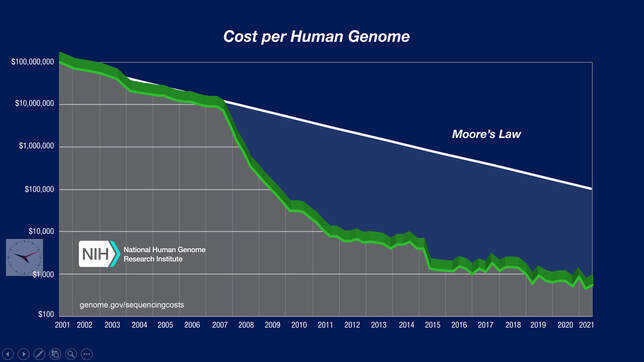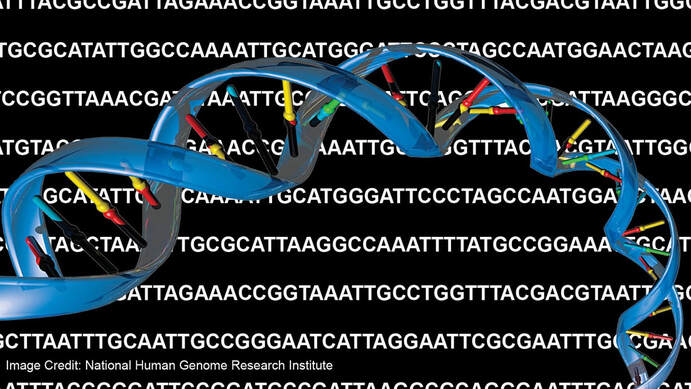 John writes … We, my co-author Graham Swinerd and I, have produced a vlog (video blog) focussing on my expertise – biology, and in particular what’s going on in the world of genetics. To see the video, please click here. What follows is a brief commentary on the video’s content. When I started my Natural Sciences degree I was fairly sure that I would come out the other end as a functional ecologist – someone who studies ecology with an emphasis on plant and animal adaptive mechanisms. How wrong I was. During those three years I became completely hooked on the molecular aspects of genetics and on biochemistry and so it was a natural progression that for my PhD I studied DNA biochemistry (in the context of plant cell division).  It was an opportune time to become involved in that area of science. The ‘golden age’ of genetics was about to dawn. The basic mechanisms involved in the working of DNA and genes were known and there was already some information on control mechanisms, an area that I hoped to eventually get involved in. And then came the invention of genetic engineering techniques (and associated spin-offs) which, as I say in the video, gave us a huge range of research possibilities. It opened up previously impossible (and some cases undreamed of) lines of investigation. Combining our knowledge gained by these new techniques with our knowledge of biochemistry led to DNA sequencing; detailed analysis of individual genes gave ideas about gene control mechanisms, ideas that could be tested with techniques based on genetic engineering. More recently, invention of new methods for DNA sequencing have very significantly reduced the cost and the time involved in analysing any DNA sample of interest, including whole genomes from individual members of a species (rather than an ‘average’ genome for that species). The applications of this are very widespread, as I mention briefly in the video. And now another technique has entered our tool-kit, namely genome editing* which enables us to knock out specific genes in a highly targeted manner, again as described in the video. But I need to say one more thing: the more that I know about DNA and genes and the ways in which they work, the more awestruck I become. In my own specific area of research, the beauty and complexity of the mechanisms that a cell uses to control DNA replication are amazing. The psalmist was in awe of the God who made the ‘heavens’ (Psalms 8 and 19) but I am equally in awe of the God of our genes. * For those who want to know a bit more about genome editing, I have included two papers. One is the uncorrected proof of an article in Biological Sciences Review and the other, at a higher level of understanding, was published in Emerging Topics in Life Science. Please click on the files below to download the files. John Bryant Topsham, Devon February 2022
0 Comments
Leave a Reply. |
AuthorsJohn Bryant and Graham Swinerd comment on biology, physics and faith. Archives
July 2024
Categories |
||||||||||||

 RSS Feed
RSS Feed
